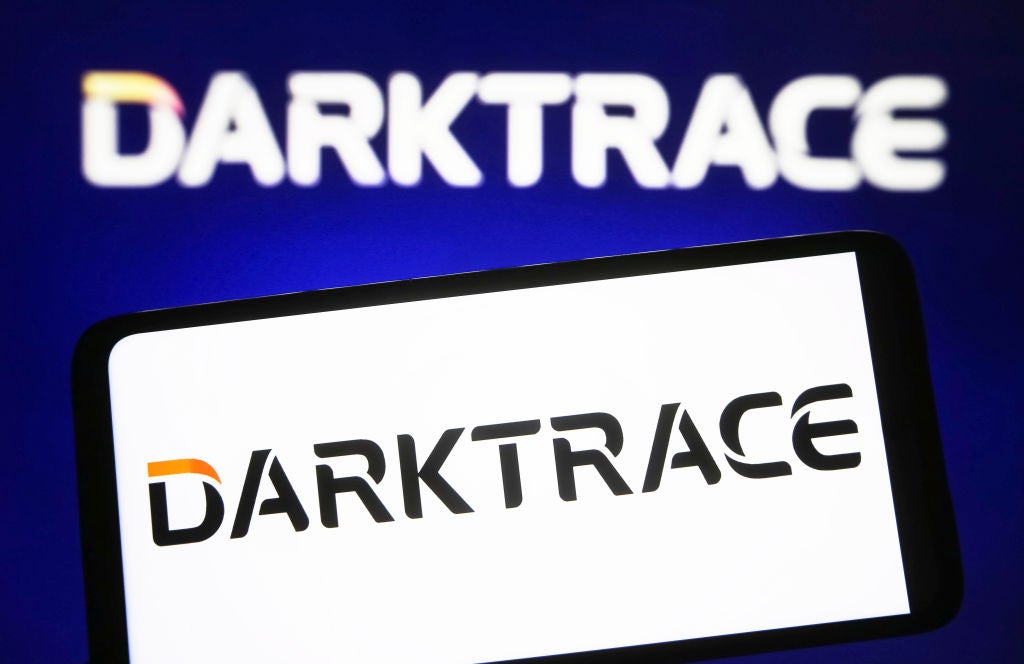
The “wild west” of cryptocurrencies such as bitcoin must be regulated to protect consumers, MPs on the UK Government’s Treasury Select Committee have urged.
In a report on crypto-assets published by the committee for its Digital Currencies inquiry, it has said that cryptocurrency regulation could “improve customer outcomes, enable sustainable growth, and reduce certain risks.”
Crypto-assets, and most Initial Coin Offerings (ICO), are currently not within the scope of Financial Conduct Authority (FCA) regulation. This means that victims of cryptocurrency scams currently have little protection and the volatile nature of the currency can lead some investors to lose money.
Concerns have been raised over the volatile nature of cryptocurrencies, the potential for scams and their use in illegal activities, such as money laundering or funding terrorism. The lack of UK regulation has led some to call for greater government involvement to ensure that consumers and businesses are aware of some of the risks.
Calls for greater cryptocurrency regulation
The committee said that it was “unsustainable” for the Government and regulators to “bumble along issuing feeble warnings to potential investors, yet refrain from acting”, and therefore believes that regulation should be introduced.
Some countries have taken steps to regulate cryptocurrencies. The US, for example, has attempted to regulate ICOs with increased involvement from the Securities Exchange Commission. Others have attempted to shut down cryptocurrencies entirely, with China banning cryptocurrency exchanges last year.
How well do you really know your competitors?
Access the most comprehensive Company Profiles on the market, powered by GlobalData. Save hours of research. Gain competitive edge.

Thank you!
Your download email will arrive shortly
Not ready to buy yet? Download a free sample
We are confident about the unique quality of our Company Profiles. However, we want you to make the most beneficial decision for your business, so we offer a free sample that you can download by submitting the below form
By GlobalDataIt is not yet clear what form cryptocurrency regulation would take in the UK, but from the report, it looks likely to include consumer protection and countering money laundering.
Founder and CEO of deVere Group Nigel Green believes that regulation could boost cryptocurrency:
“The conclusion made by the Committee about cryptocurrencies puts them on the right side of history. Its findings that these assets should be brought into a regulatory framework demonstrates once again that they are now a part of mainstream finance. As I have said previously, regulation of the crypto sector is now I believe inevitable.
“Regulation of cryptocurrencies will give investors even more protection and, therefore, confidence in the burgeoning market is likely to drive prices higher – and today’s signal from the Treasury Select Committee could have the same effect.”
Stifling innovation?
However, the very nature of cryptocurrency means that it is notoriously hard to regulate. Cryptocurrencies are decentralised, meaning it would be difficult to convict individuals for activities such as fraud. Furthermore, the ethos behind them is to enable individuals to bypass banks, meaning that over-regulation could defeat the point of cryptocurrencies.
There are also fears that over-regulation could stifle innovation.
Earlier this year, the UK Parliament Treasury Committee met to discuss the issue of digital currency, with representatives from HM Treasury, the FCA and the Bank of England in attendance.
David Ra, deputy director of banking and credit at HM Treasury said that regulation should be done in a way that still makes innovation possible:
“We want to approach this in the same way as we approach other bits of the fintech sector in that we don’t want to stifle innovation, particularly in relation to the underlying technology, but equally we want to manage the risk.”
In a speech given at Cato Institute’s FinTech Unbound Conference, US Securities and Exchange Commissioner Hester Peirce argued that self-regulation within the cryptocurrency community could also be a solution:
“The crypto community includes lots of people who are very willing to speak up, criticize one another, and bring to light technological, corporate governance, and other perceived weaknesses in cryptocurrencies. Although not formal regulation, this kind of market discipline can be valuable in identifying problems.
“In addition to this self-policing, there have been discussions about setting up self-regulatory organisations. The Commission should not default to a demand that the crypto markets be subject to comprehensive government regulation as a precondition to allowing products linked to those markets to be traded in markets that we regulate.”
Jamie Burke, CEO of Outlier Ventures,a venture capital and private equity company focused on decentralised technologies, believes that more work is needed before regulators fully understand cryptocurrency:
“We have concerns that the report fails to account for the broad spectrum of possible functions for crypto assets. For example, adopting a one-size fits all approach to the regulation of ICOs (such as, through treating all crypto assets in the same way as equity or debt under the Regulated Activities Order) isn’t necessarily appropriate. Such an approach risks ‘throwing the baby out with the bathwater’ for those crypto-assets that have serious use cases for advancing say a particular industry, or digital ecosystem.
“Heavy handed regulation, without the required analysis of this extremely complex area, risks a flight of innovation from the UK to other jurisdictions that have a more favourable regulatory environment. We believe the UK should embrace aspects of this industry, not all of it. But we must get that decision right now. The crypto assets industry is continuing to evolve at a rapid pace and regulators need to have sufficient ability to adapt to meet, rather than stifle, that ongoing development.”
Proportionate regulation
However, Treasury Committee report found that “proportionate regulation could see the UK as well placed to become a global centre for crypto-assets”. In other words, if approached correctly, some form of cryptocurrency regulation could encourage growth, but it must be implimented in such a way that it does not stifle it.
The CEO of CoinCorner believes that careful regulation is unlikely to negatively affect the price of Bitcoin. Daniel Scott told Verdict:
“Personally I don’t feel that regulation for Bitcoin will have a hugely significant impact on the price. Bitcoin is a global currency and the impact of regulation will depend on the jurisdiction in which it is introduced. Clearly, a small country introducing regulation for Bitcoin businesses is much less likely to have an impact than a large country with significant financial power, where regulation can cause a change in direction – but even this isn’t always predictable.
“For example, whereas in the past we have seen the price move on a few occasions after China changed its position on Bitcoin, when the last ban on the sale of Bitcoin was introduced in China in September/October 2017 the price wasn’t negatively affected as might have been expected. Instead, it climbed and turned into what we saw as the bull run of 2017. In the long-term, as more countries introduce regulation and it becomes more widely adopted, it will bring a higher value and have an overall positive effect on Bitcoin’s price.”






